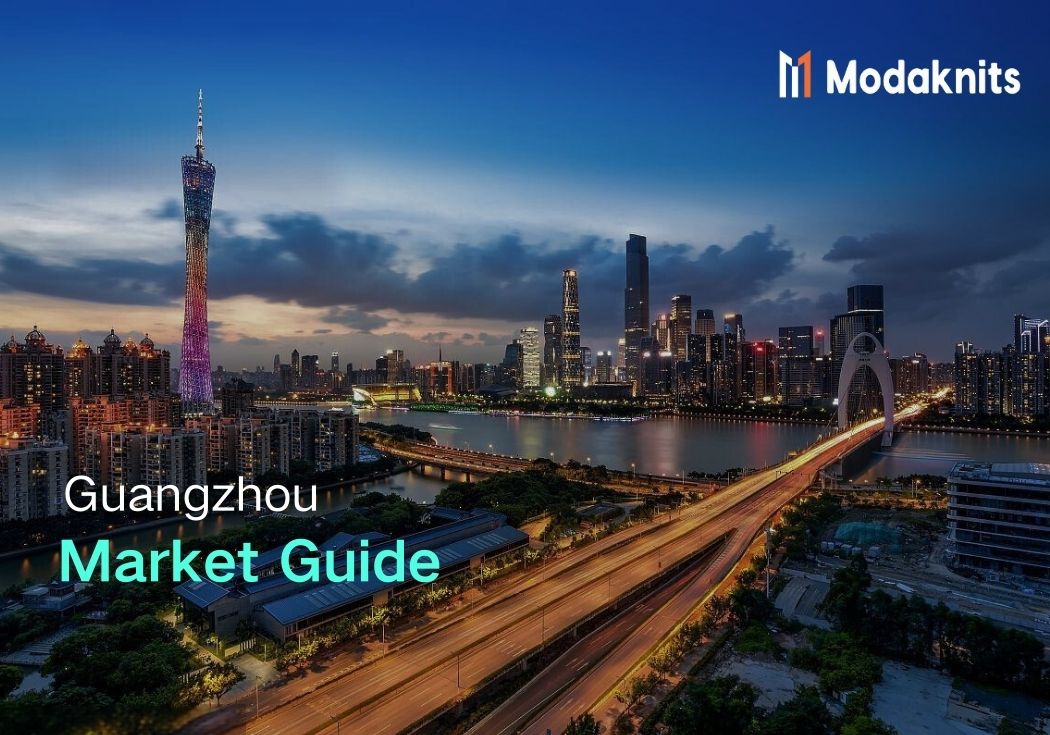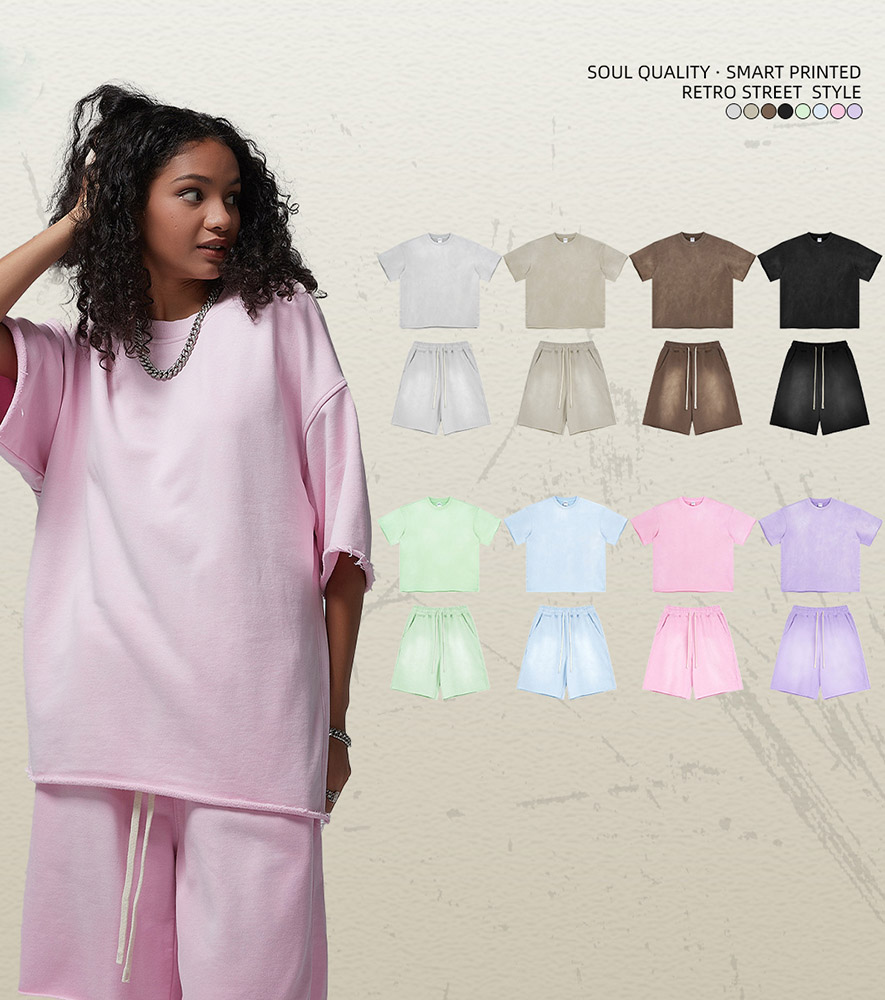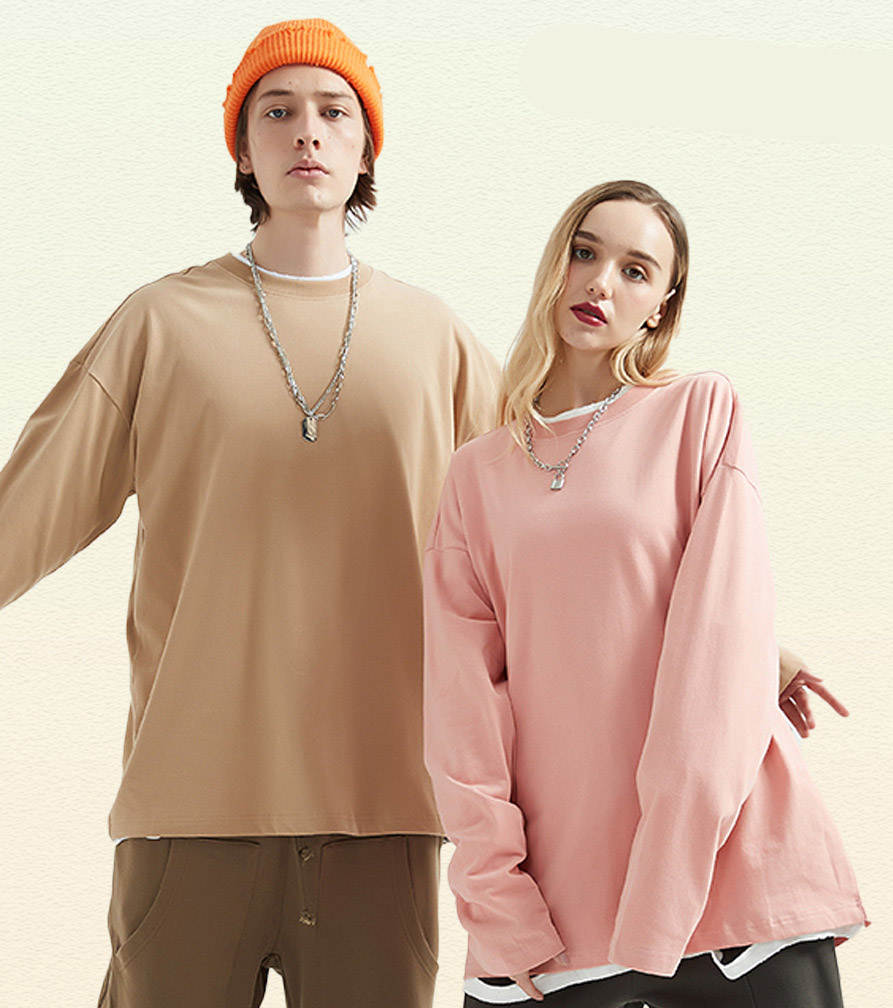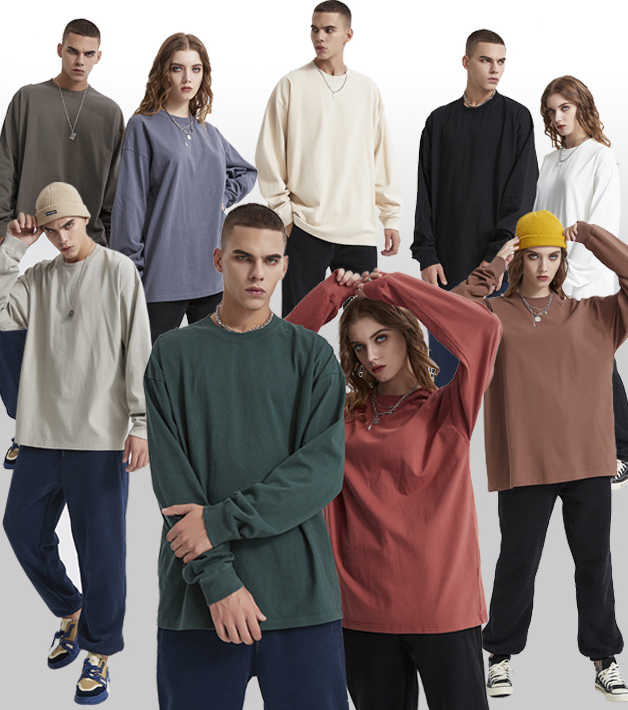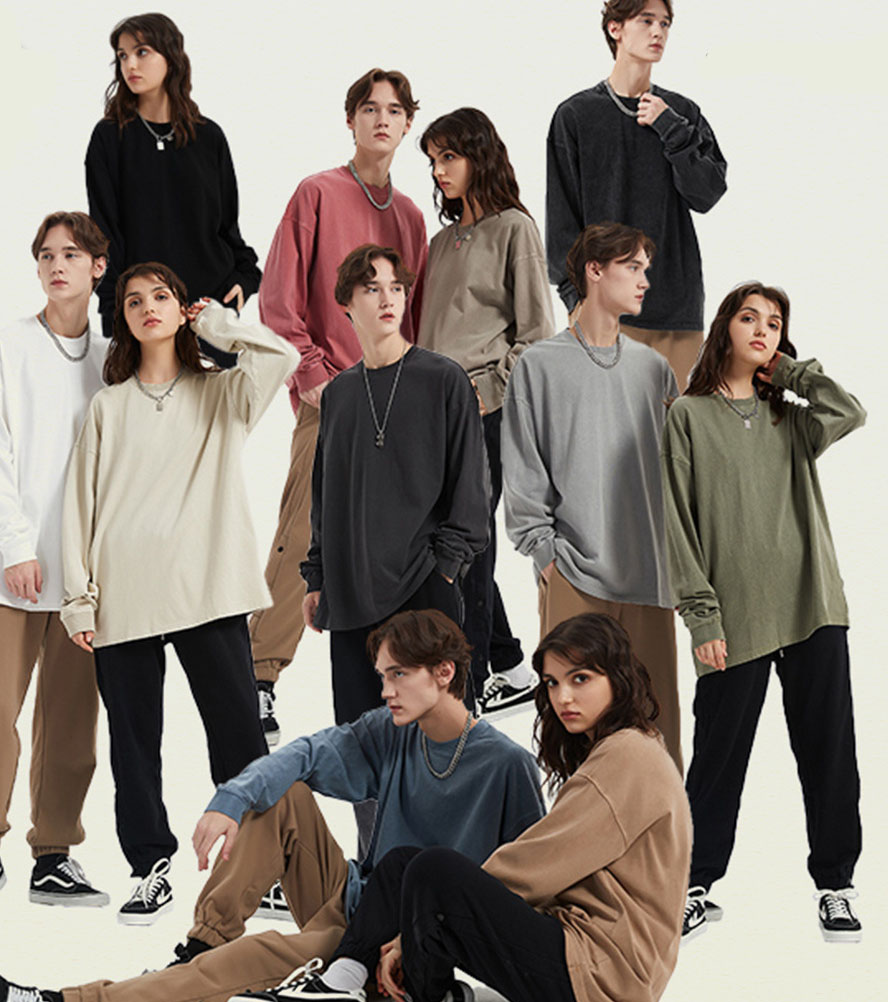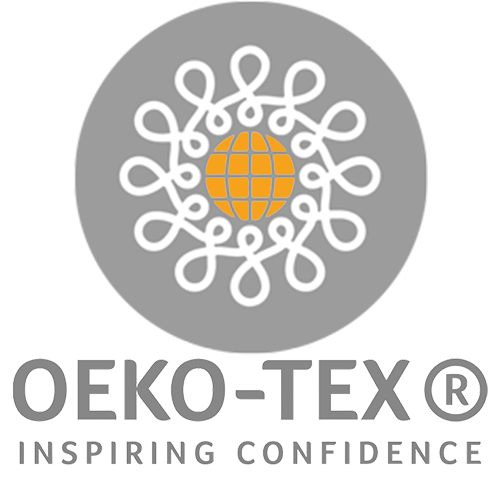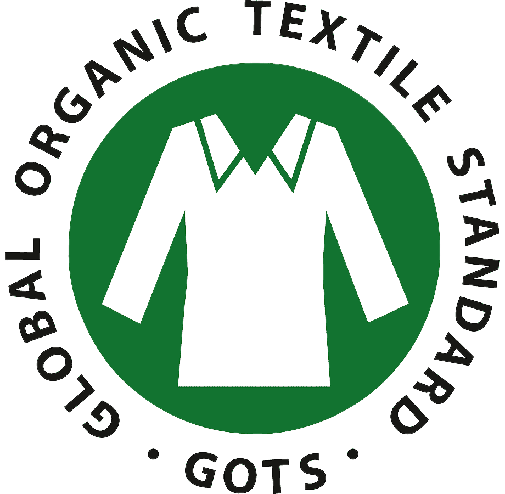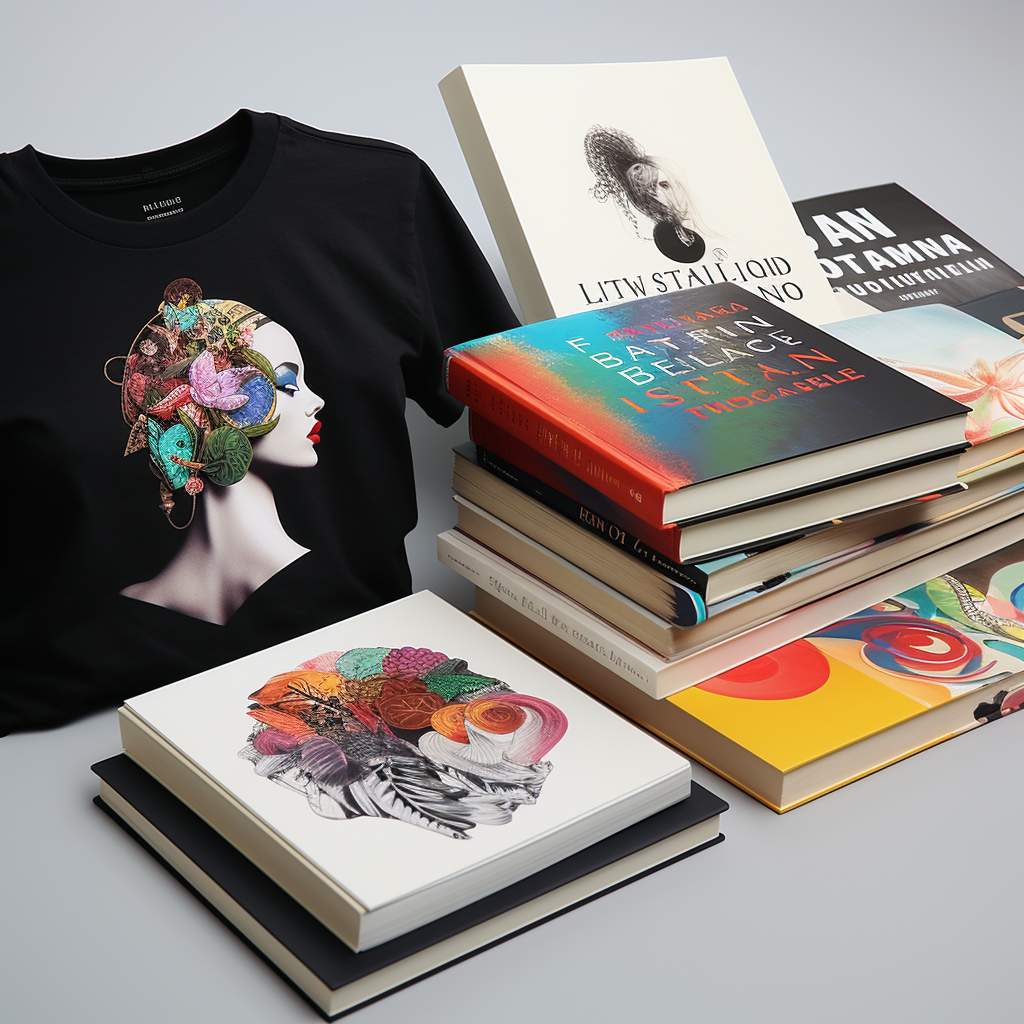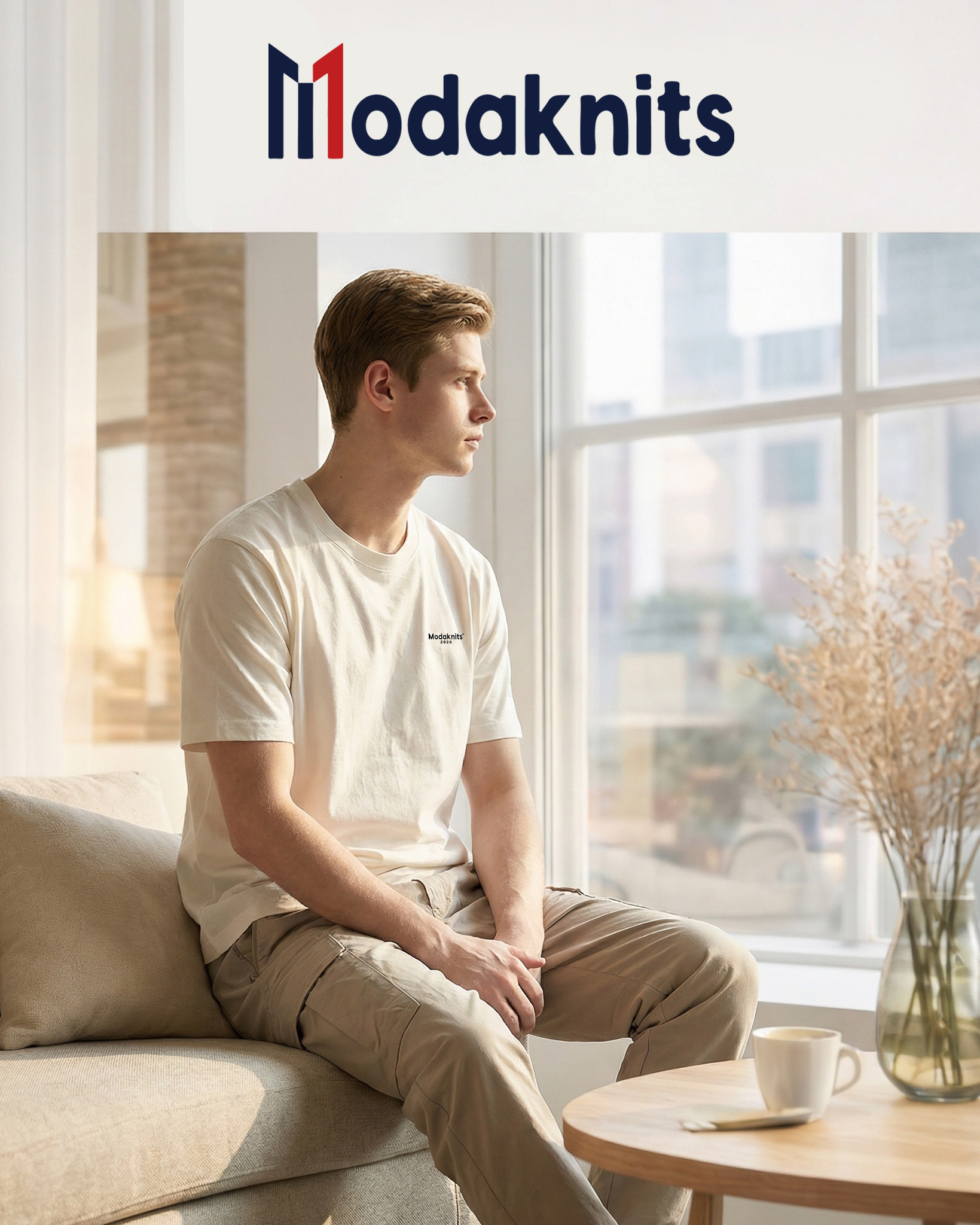You’re ready to bring your clothing line to life—but without the right supplier, your dream can turn into a logistical nightmare.
To find the right custom clothing supplier1, you need to evaluate their MOQ2, quality, communication, and transparency, while balancing cost, timeline, and long-term scalability.
I’ve worked with dozens of suppliers—some helped my brand grow, others almost buried it. If you’re just starting out, or switching partners, this guide will save you time, money, and regrets.
Why Choosing the Right Custom Clothing Supplier Is Critical for Your Brand
Your clothing supplier is more than just a factory—they’re your execution partner.
The right supplier ensures your designs come to life with quality and consistency, while the wrong one causes delays, rework, and brand damage.
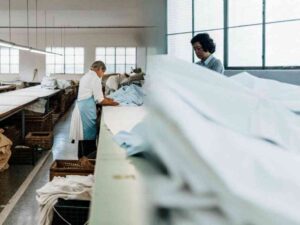 Textile inspection process.
Textile inspection process.
How Can the Wrong Supplier Derail Your Brand Vision?
What’s worse than delays? Getting a hoodie that doesn’t look like what you designed.
A bad supplier might ignore your specifications, cut corners on materials, or fail to meet deadlines, leading to inconsistent products and unhappy customers.
- Real Scenario: I sent a tech pack with a specific stitch detail. The factory skipped it to “save time.” Customers noticed. Complaints flooded in. I had to recall the entire batch.
- Why It Happens: Factories underprice to win your order, then reduce quality to preserve profit. This is especially common with unknown or unvetted suppliers.
- Result: Damaged trust. Costly returns. Lost momentum.
What Are the Long-Term Benefits of Partnering with the Right Custom Manufacturer?
Think beyond your first order.
The right manufacturer grows with your brand, reduces risk, speeds up go-to-market, and becomes an asset—not just a vendor.
- Brand Consistency: They store your tech packs, remember your sizing logic, and suggest better trims over time.
- Supply Chain Agility: A reliable supplier adjusts output when your demand spikes without compromising quality.
- Design Collaboration: Good partners suggest innovative fabrics or techniques that make your product stand out.
What Factors Should You Consider When Selecting a Custom Clothing Supplier?
There are no shortcuts. You need a full checklist.
Evaluate MOQs, lead times, customization abilities, communication style, pricing structure, and ethical standards.
Do They Offer the Right MOQ, Lead Time, and Product Customization?
Not all suppliers are built for startups—or for scale.
A great supplier offers flexible MOQs, realistic production timelines, and the ability to tailor every detail to your design.
| Factor | What to Look For |
|---|---|
| MOQ (Minimum Order Quantity) | Startups: 100–300 pieces per style is ideal |
| Lead Time | Sample: 7–14 days; Bulk: 20–40 days |
| Customization Scope | Labels, trims, fabric sourcing, dyeing, sizing, packaging |
Pro Tip: Avoid suppliers who push their stock catalog without offering true customization. That’s not a custom supplier—that’s a wholesaler.
Are Their Communication, Transparency, and Reliability up to Standard?
Factories that ghost you after deposit = red flag.
You want a supplier who responds within 24 hours, shares updates, flags delays early, and documents everything.

- Communication Clarity: Are they answering your questions directly or dodging?
- Progress Tracking: Do they offer updates at each step—fabric sourcing, cutting, stitching, QC, shipping?
- Transparency Test: Ask for breakdowns of unit costs, packaging, logistics. If they say "Don’t worry about it"—worry about it.
Where Can You Search for Reliable Custom Clothing Suppliers?
Finding them is easier than verifying them.
You can source suppliers via trade shows, sourcing platforms, referrals, or Google—but vetting takes research and effort.
Is It Better to Source Domestically or Internationally?
It depends on your needs, budget, and speed.
Domestic suppliers offer better communication and shorter timelines, while international ones (like in China, Vietnam, Bangladesh) give better cost structures for bulk.
| Criteria | Domestic | International |
|---|---|---|
| Communication | Easier, same language | May require translators |
| Lead Time | Shorter | Longer due to shipping |
| Cost | Higher | Lower (esp. for volume) |
| MOQs | Often lower | Often higher |
| IP Risk | Lower | Needs contracts & due diligence |
My Strategy: I always start sample development domestically if speed is key, then switch to international partners for bulk production.
Which Platforms Are Best for Finding Verified Suppliers (Alibaba, Maker’s Row, etc.)?
Start with platforms—but don’t end there.
Alibaba, Maker’s Row, and Indie Source are great for leads. Use them to shortlist, then move conversations off-platform to verify.
- Alibaba: Huge reach, factory ratings, trade assurance. Look for Gold Suppliers with 3+ years verified.
- Maker’s Row (US-focused): Ideal for small runs, strong in custom and boutique manufacturing.
- Fibre2Fashion, Kompass, Global Sources: Good for Asia-based sourcing with filtration by compliance.
Always video call. Always request recent production references. Don’t skip this.
How to Evaluate a Custom Clothing Supplier Before Signing a Deal
Before you commit—test everything.
Ask for tech pack alignment, review samples, audit the facility (in person or virtually), and confirm payment and IP protections.
Should You Ask for Tech Packs, Sample Runs, and Factory Audits?
You should demand it. Not ask.
Tech pack understanding, sample accuracy, and factory audits3 will show how reliable and competent the supplier really is.
- Tech Pack Test: Ask them to explain your pack back to you. If they can’t, they won’t execute well.
- Sample Run: This is your insurance policy. Request at least 2 revisions before bulk.
- Factory Audit: Either you or a third-party agent should check: cleanliness, staff condition, machine quality, and process flow.
What Legal and Payment Protections Should Be in Place?
You’re entering a business relationship. Treat it like one.
Contracts, NDAs, staged payments, and IP clauses help avoid misunderstandings and legal risks.
- Key Clauses to Include:
- Timeline penalties
- Quality standards
- Refund terms for rejected batches
- Payment Terms: Ideal structure = 30% upfront, 70% after inspection (before shipping).
- IP Protections: Add a clause that prohibits the factory from reusing your designs.
Even trusted partners need written agreements. It protects both sides.

What Mistakes to Avoid When Choosing a Custom Clothing Supplier?
Rushing the process? Choosing the cheapest bid? You’re setting yourself up for failure.
The most common mistakes are over-prioritizing price, skipping due diligence, and failing to document the deal clearly.
Are You Relying Too Heavily on Low Price Over Quality?
Price matters—but not more than brand value.
Cheap factories often cut corners on stitching, trims, and even fabric content, which ruins customer trust and increases returns.
- Example: A brand saved 20% on a per-unit basis by switching factories. But they had to rework 40% of the order. Total loss? Way more than the 20% saved.
- Balance Tip: Ask for 2–3 quotes from mid-tier factories. Avoid the cheapest and the most expensive—aim for value, not bargain.
Do You Have a Clear Agreement and Understanding of Deliverables?
Verbal promises don’t protect you.
Every technical and delivery detail should be written down, agreed upon, and signed by both parties.
Your agreement should define:
- Product specs (fabric, size range, finishing)
- Quantity tolerance (e.g. ±5%)
- Packaging expectations
- Labeling requirements
- Shipping method and incoterms (FOB, CIF, etc.)
Always clarify revision limits for samples and timelines for feedback.
Conclusion
Finding the right custom clothing supplier is one of the most strategic moves you can make for your fashion brand. Focus on quality, transparency, and trust. Test before you commit. And always protect your brand with proper agreements.
-
Explore this resource to learn effective strategies for sourcing reliable custom clothing suppliers that align with your brand’s vision. ↩
-
Understanding MOQ is crucial for startups. This link will clarify its significance and how it impacts your production decisions. ↩
-
Learn the essential steps for conducting factory audits to ensure quality and reliability in your supply chain. ↩


